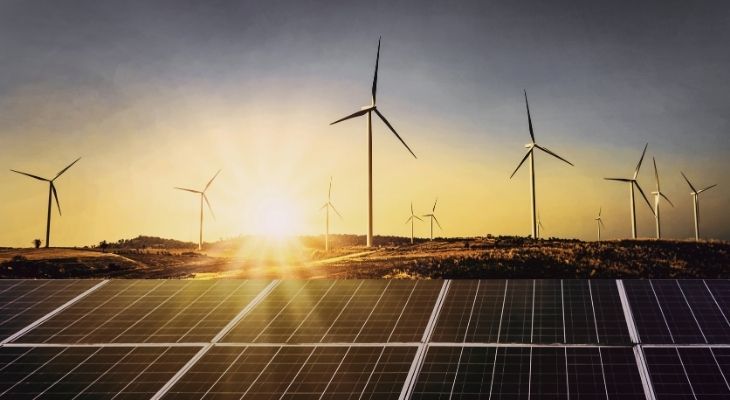The future of energy from waste
The energy from waste (EfW) sector has long standing history in many parts of the world. And although Australia has been a little slower in adopting these new technologies, recent years has seen growing debate and proposals on the planning and development path.
States and territories now continue to refine policies and engage with communities, discussing the science and benefits of energy from waste. So what does the future look like for the sector? Are Australia’s views changing? How close are we to getting national agreement between states and territories on the role of recovering energy from waste in solving Australia’s waste problems?
Q. Recent years have seen major progress in the planning and development of proposals for the waste to energy sector. What do you see for the potential future of recovery of energy from waste in the coming years?
The road to the broader introduction of EfW will drive us towards mandated source separation of food and garden organics followed by anaerobic digestion and vessel composting. Source separation of metals, paper, cardboard, and containers made of PE and PET will continue inclusive further onshoring of the recycling steps. The remaining 25 – 30% of residual waste can then be treated in EfW instead of going into unsustainable landfilling.
Q. What type of role do you see energy to waste playing in the waste and recycling industry?
Whilst we are moving towards a Circular Economy, we need EfW as a cleaning step for wastes which are too polluted or multi-composite materials for material recycling. This is where EfW and clean thermal recycling kicks in and allows us to recycle aggregate and metals which normally would be lost in landfills.
We shall end up with around 4% of residuals which still have to go to landfill. Overall, it is realistic that only about 1% of waste still goes to landfill as is the case in the best performing countries in Europe.
Q. Hitachi Zosen Inova are a global leader in energy from waste plants and technologies, can you take us behind the scenes of what the operations in creating these solutions and technologies?
Whilst we have a small, although expanding team in Australia, we have around a hundred staff overseas involved bringing a local project to fruition.
During construction, the supply chain not only involves head-office in Zurich, but also many specialised companies located in Australia, South-East Asia, and Europe. At the same time our research group is readying our zero-residue and carbon-free solutions of tomorrow.
Q. In your opinion, why do you think Australia has been slow to adopt these well-established technologies and only now have begun engaging and refining policies when it comes to energy from waste? Is this the point where the industry changes its views as a whole community to start making true headway?
The unsustainable nature of landfilling has even today not been fully recognised in Australia. The landfill levies help us to drive towards material and thermal recycling, but remains a monetary tool which might not be sufficient to overcome all structural barriers we face.
At the same time we are now chasing the Circular Economy which in itself is a theoretical construct and not part of nature. The disorder in the universe continually increases and some waste will always be part of that.
We have to channel our energy into the possible and avoid getting caught up in the rhetoric of the impossible. I believe we can achieve near-zero waste to landfill by adopting ambitious goals and practice from overseas!
You’ll be able to hear more from Marc at the AWRE Online Event. Marc will be speaking on the ‘Waste to Energy’ session on Wednesday 25 November 2020 alongside panelists Justin Koek from the NSW Department of Planning, Industry and Environment, and Rose Read of the National Waste and Recycling Industry Council. They’ll be discussing the progression of the waste to energy sector in Australia, where it’s headed and the place it holds in the waste and recycling industry.
The AWRE Online Event will run from 25-26 November 2020, giving the waste, recycling and resource recovery sector an online platform to re-connect with the industry. The program includes the chance to hear from 20+ industry professionals across 10 sessions, as well as product showcases and an online exhibition for your chance to discover a world of solutions. With live Q+A opportunities also available, the event provides an interactive and engaging experience no matter where you are in the world, all for free.
Haven’t registered yet? Simply click here to register free online.
-
Subscribe to the latest industry news, insights and AWRE updates.
- Subscribe

